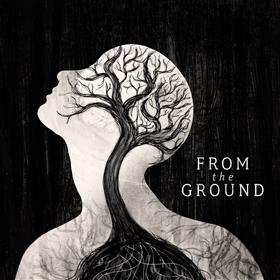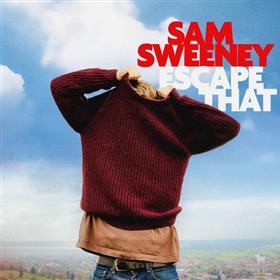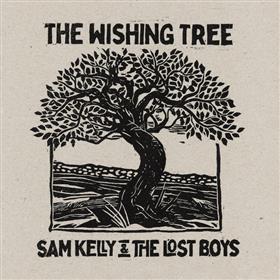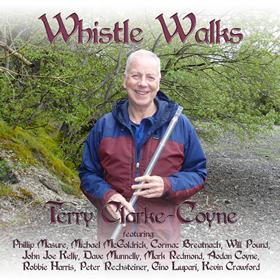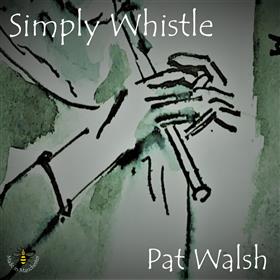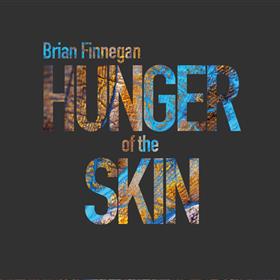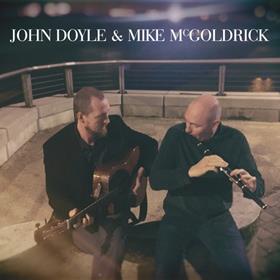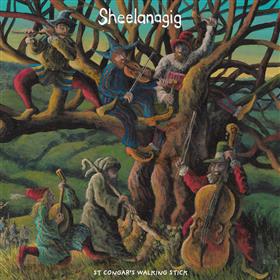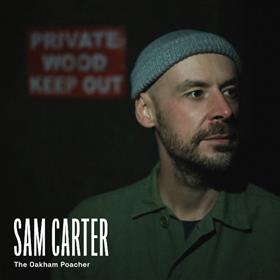Jack Rutter - This Is Something Constant
2023 studio album
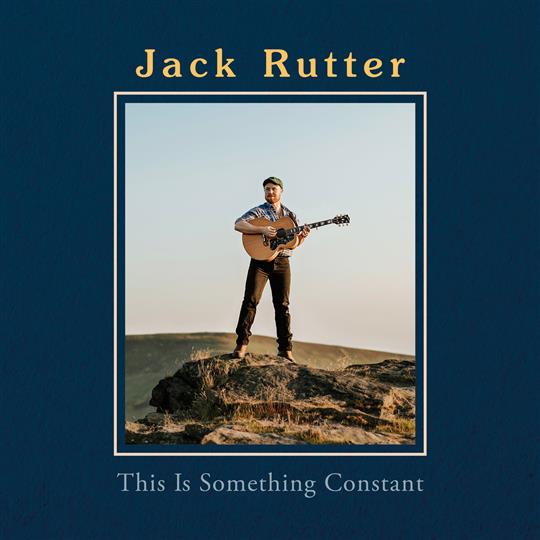
the bright young folk review
Four years on from Gold Of Scar and Shale, featuring guest musicians Mike McGoldrick on pipes, whistles and flutes and fiddler Patsy Reid, the acclaimed folk singer and powerhouse guitarist Jack Rutter winds up his trilogy of albums featuring traditional rarities.
It opens with something of a first, Rutter blowing harmonica, on the robust, driving Bold Nevison The Highwayman, the true story of a 17th century West Riding bandit, sourced from the 19th century Holroyd’s Collection of Yorkshire Ballads. Reputedly dubbed Swift Nick by Charles II, it was Nevison, not Turpin, who rode to York to establish an alibi after committing a robbery in London that same day, the lyrics proclaiming him a Robin Hood figure.
The pace slows for the fingerpicked Earl Of Scarlsington’s Seven Daughters, the pipes lending a melancholic air to the tale of how, imprisoned by her father to prevent her sinning, the daughter persuades her sister to go to the woods with her and escapes with her lover Willie on a coal black steed. It’s sourced from the Child ballads where it’s listed as Erlinton and, apparently, this is the first time it’s ever been recorded.
Things kick back up again on Many’s The Night (The Harvest Home), taken from Bothy Songs and Ballads of Aberdeen, Banff & Moray, Angus and the Mearns. Its rumbustious melody is carried along by the interplay between pipes, fiddle and bouzouki to capture the harvest party spirit. Slowing down again with the circling repeated guitar notes and percussive chug, Sledburn Fair is a song collected by Yorkshire’s Frank Kidson from Miss Haywood of Milnthorpe in Westmoreland that sings of tucking into pies, cheese and ale.
Rather less hale and hearty, Lord Maxwell’s Last Goodnight, adapted from the version by June Tabor and again with a circular melody, relates the true story of what has been called probably the bitterest and bloodiest family quarrel in British history. The theft of a horse in 1592 prompted a feud between the Maxwells and the Johnstones, the two leading plundering families of the Scottish West March that culminated in the battle of Dryfe Sands on the 6th December 1593 where John, 8th Lord Maxwell, was struck from the saddle by James, the Laird Johnstone.
Maxwell stretched out his hand in surrender, but it was cut off and he was dismembered. In 1608, in an effort to resolve things, a reconciliation meeting was arranged between Johnstone and John, the 9th Lord Maxwell, during which the latter shot the former in the back. Fleeing to France, he was sentenced to death in absentia and, secretly returning five years later, was betrayed by a kinsman and beheaded in Edinburgh in May 1613.
A rare riddling ballad in which the Devil seeks to win a woman’s soul through a series of questions, delivered with strummed resonating chiming acoustic guitar, Ninety-Nine and Ninety, sometimes known as The Devil and Nine Questions, was one of the first traditional folk songs the teenage punk Rutter encountered. The notes say he came across it on a 2001 compilation album, Down In The Fields - An Anthology of Traditional Folk Music From Rural England, but it seems Rutter’s memory’s confused as it’s not on that collection, but it features two numbers by former Northamptonshire farmer Jeff Wesley, hearing which set Rutter upon the path he now follows.
Rutter straps on his harmonica again, along with wheezing concertina, for The Shepherd On The Mountain, collected by Cecil Sharp in 1909 from the Brampton Morris Dancers in Oxfordshire, a lively number about William the shepherd courting Nancy and which, unlike most romances in folk songs, actually has a happy ending.
The longest number here, at over five minutes, is, introduced with a resounding percussive chord and dramatic guitar flourishes punctuated by pipes and whistles and sung in declamatory manner. James Atley and Sir Fenix, a Child ballad that, while having several variations, essentially tells the fictional story of how Fenix steals the queen’s jewels and blames it on the teenage Atley. The king’s daughter then steals the keys to visit him and a trial by combat is arranged, where Atley is the victor, the villain confesses, and James get a royal appointment and marries the princess.
Everyone piling in, the album ends in jaunty style with a spring its step for Upon The Mountains High, a setting of a song by minor Victorian poet Edwin Waugh from his Poems and Songs of Old Lancashire, a joyful celebration of finding wealth not in material things but the great outdoors.
A clearly deeply felt love letter to folk music and its traditions, delivered in his clear Yorkshire tones with enthusiasm by the bucket, This Is Something Constant firmly cements Rutter’s position among the finest contemporary proponents of the genre. As the trilogy ends, it’ll be interesting to see in which direction his journey takes him next.
Mike DaviesSelf-released on CD and digitally October 27 2023. Produced by Joe Rusby
1. Bold Nevison The Highwayman
2. Earl Scarslington’s Seven Daughters
3. Many’s The Night (The Harvest Home)
4. Sledburn Fair
5. Lord Maxwell’s Last Goodnight
6. Ninety Nine & Ninety
7. The Shepherd On The Mountain
8. James Atley & Sir Fenix
9. Upon The Mountains High


